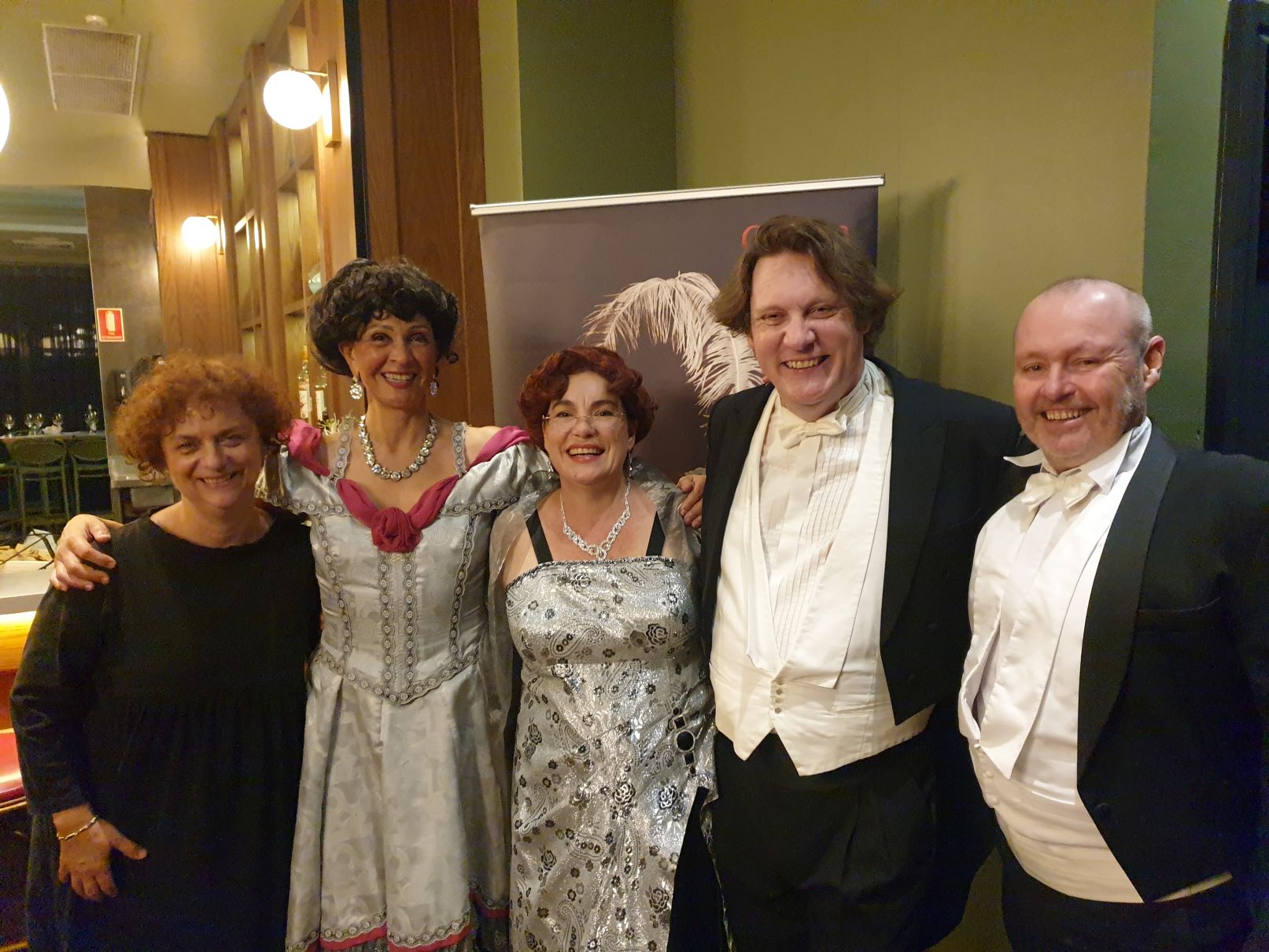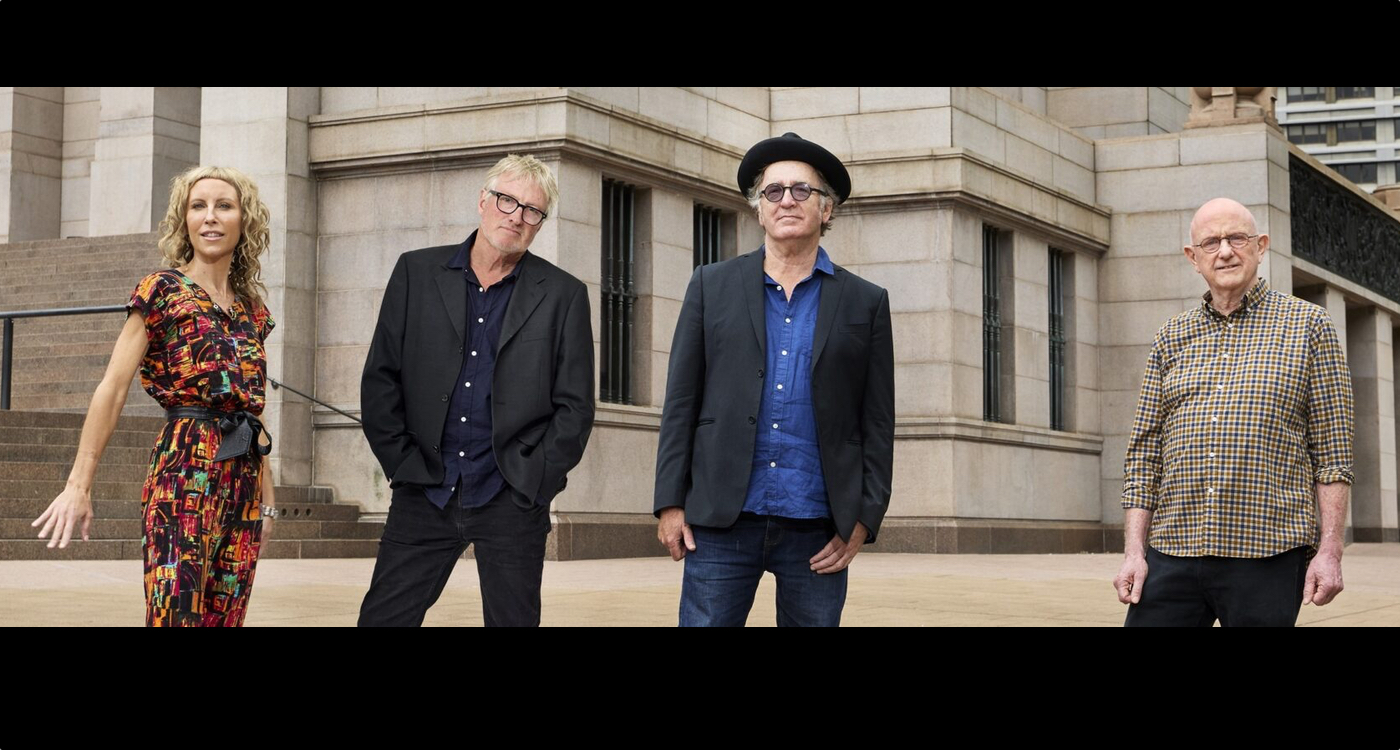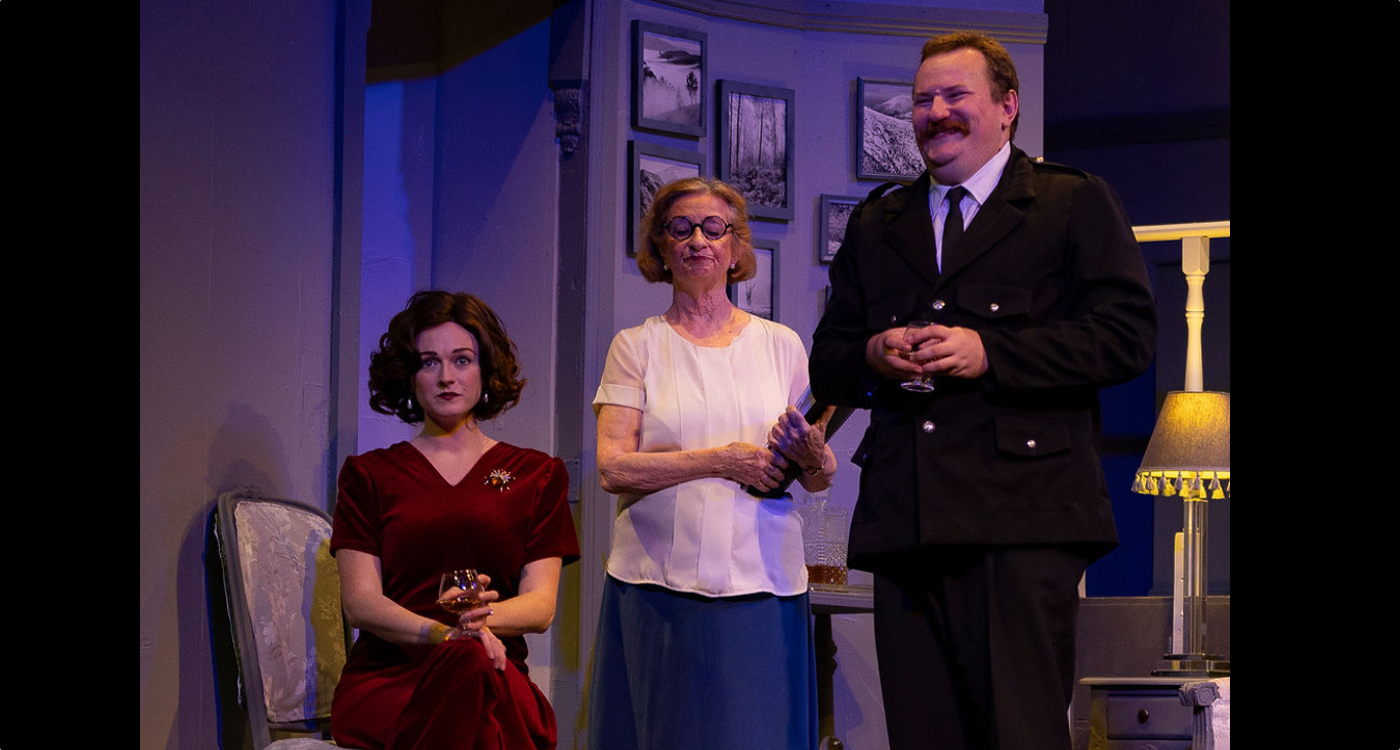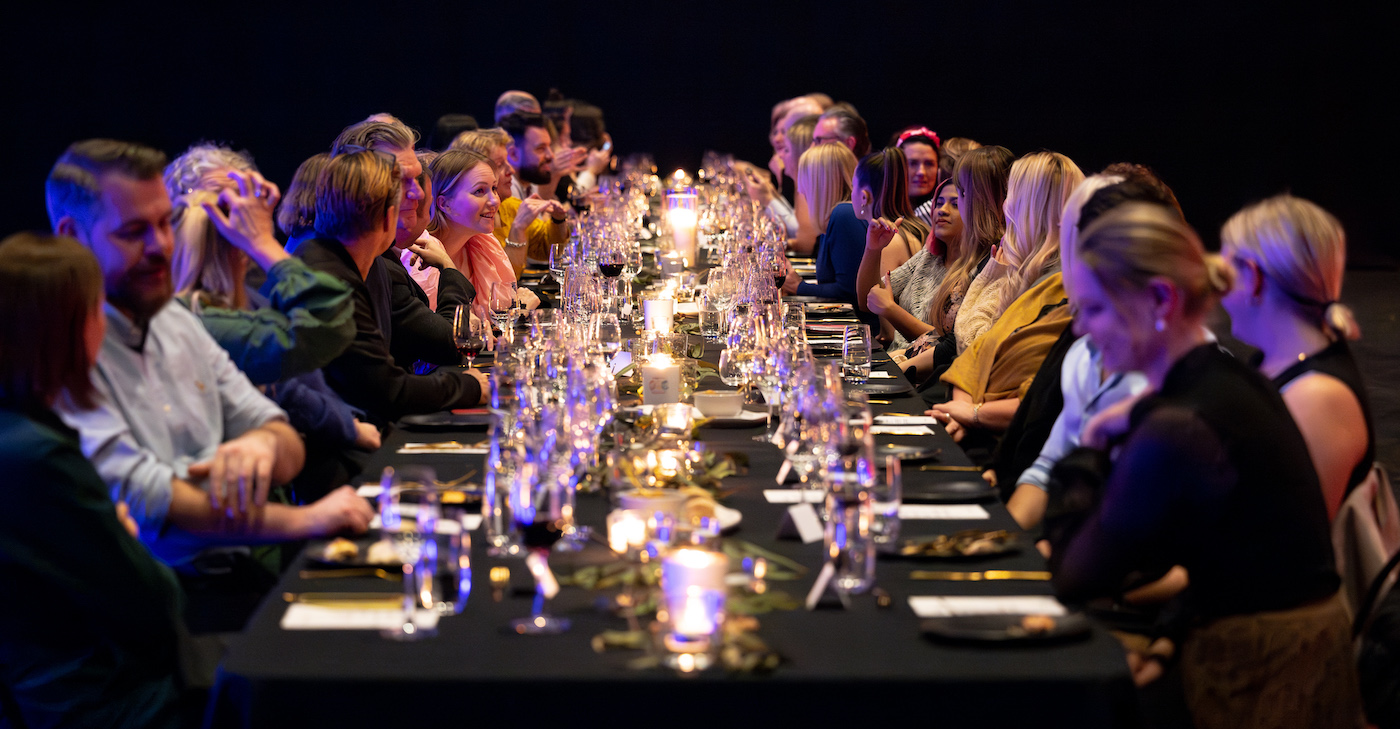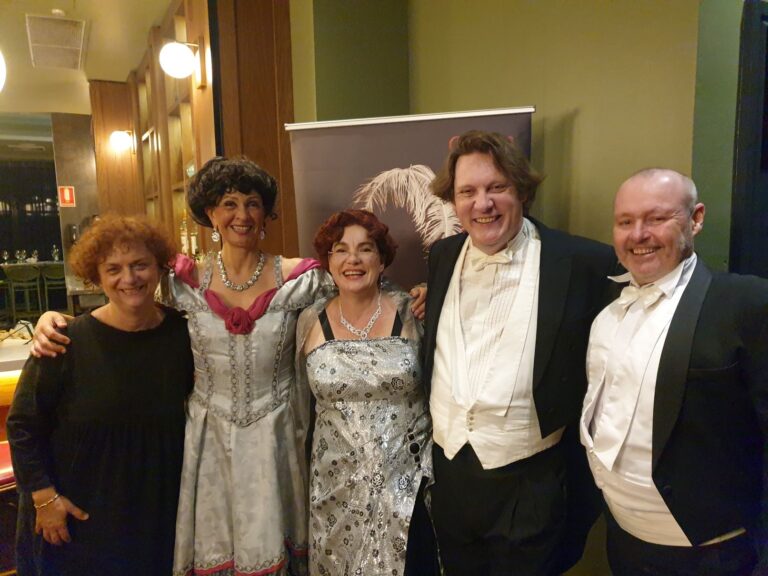
The inaugural year of Queer

In 1993, a group of queer Sydney filmmakers, students and others approached the organisers of Sydney’s Gay and Lesbian Mardi Gras with a view to establishing an independent organisation whose primary focus was queer film and screen culture.
The Queer Screen organisation was born and they have been championing GLBTQI stories onscreen in conjunction with the Mardi Gras Film Festival (MGFF) for the past twenty years.
The MGFF has grown considerably since 1993. It is now one of Australia’s largest film festivals of any kind, and one of the top five queer film festivals in the world. Part of a revered list which includes Toronto’s Inside Out and London’s Lesbian and Gay Film Festival.
Highly regarded by filmmakers all over the world, the MGFF is considered to be the most important avenue for promoting gay and lesbian titles to distributors and exhibitors – until now.
Queer Screen saw an opportunity to branch out and have now created an independent film festival to spread the GLBTQI community vibe throughout the year.
“During Mardi Gras everyone has so much to do,” says Queer Screen President Giovanni Campolo-Arcidiaco.
“The Mardi Gras Film Festival is so iconic in Sydney but we thought it would be good to have a new festival at this time of year when there is possibly less opportunity to socialise with a queer audience.”
In their inaugural year, the Queer Screen Film Fest (QSFF) is partnering with the Sydney Fringe Festival and it is a shrewd move.
“We like the idea of partnering with the Fringe Festival and to have a focus in the Inner-West as well. A good part of our audience lives in that area,” explains Campolo-Arcidiaco.
Queer Screen want people to be aware of what they do, to garner support and work with them in a vision to nurture queer audiences and filmmakers throughout the year.
“We decided to call this festival Queer Screen Film Fest because we want to give visibility to our ‘brand’,” says Campolo-Arcidiaco.
“In fact many people do not realise that Queer Screen exists all year round and that we are the organisers of the Mardi Gras Film Festival (not Mardi Gras itself).
The word ‘queer’ has become an umbrella term for sexual and gender minorities and can sometimes have negative connotations but Campolo-Arcidiaco says it was a perfect fit for Queer Screen.
“It goes beyond the flavours of gay and lesbian these days. It can mean unusual and it works for us because it covers the spectrum. It’s a generic term to cover diversity in sexuality.
“By all means we totally embrace it.”
The QSFF is set to start with a bang on opening night with a sold-out screening of Stranger by the Lake.
This film comes straight from Cannes where it nabbed several awards including Best Director in the Un Certain Regard and the Queer Palm Award.
With screenings at both Dendy Newtown and The Newtown Hotel, QSFF will celebrate queer film and screen culture in an otherwise queer film free September.
Here is a couple of don’t-miss highlights of the very first Queer Screen Film Fest:
In The Name Of
This Polish film centres on a priest who takes over a small parish in the middle of nowhere. Everybody wants to be close to him, feeding off of his vitality and power, but no one knows he harbours his own secret.
Mala Noche
The first film released by revered director Gus Van Sant sets the course for a successful career repeatedly exploring those existing on society’s fringes.
Mala Noche tells the story of Walt, a convenience store worker in the rough end of town. The film progresses from into an array of loosely defined relationships, unbalanced by age, language, race, sexuality, and money. (AW & LL)
Sep 19-22, Dendy Newtown, 261-263 King St, Newtown, $20-22, 9550 5699; Newtown Hotel, 174 King St, Newtown, $13-15, 9557 6399, queerscreen.org.au
BY ALASTAIR WHARTON & LEIGH LIVINGSTONE




